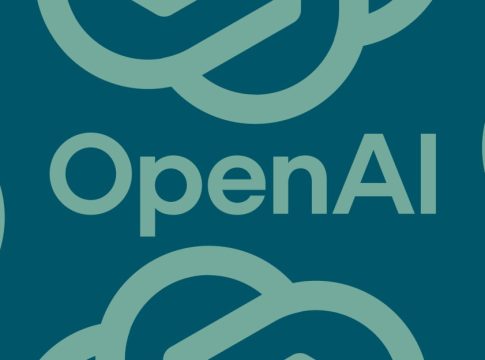OpenAI’s Strategic Shift: Trademarks and Technology
OpenAI, the artificial intelligence powerhouse, has recently made headlines with its bold $6.5 billion acquisition aimed at revolutionizing AI hardware. However, a wrinkle in the works has emerged: the company has erased references to io, a hardware startup co-founded by renowned Apple designer Jony Ive, from its website and social platforms. This sudden move reveals the complexities of collaborating in a rapidly evolving tech landscape.
A Sudden Scrubbing
The deletions from OpenAI’s digital presence follow a trademark dispute initiated by iyO, a company specializing in hearing devices and spun from Google’s experimental wing. Following legal advisories, OpenAI opted to remove mentions of io, asserting that they are disputing the trademark claims but temporarily complying with court orders.
As a result, a previously published blog post and an engaging nine-minute video featuring Ive and OpenAI CEO Sam Altman are no longer accessible. The blog post had outlined a vision where the io team would align closely with OpenAI’s existing research and engineering divisions in San Francisco. This partnership was anticipated to lead to innovative AI hardware solutions that could redefine how AI is integrated into everyday life.
Implications of the Acquisition
The implications of this acquisition are significant. While the legal troubles present challenges, the strategic intent behind acquiring io is clear: OpenAI is positioning itself as a leader not just in AI development but also in the hardware that supports it. This move mirrors previous moments in tech history, like Apple’s decision to create its own chipsets, highlighting the increasing interplay between hardware and software as technology advances.
Why Hardware Matters
Hardware is a crucial component of AI systems, directly affecting how efficiently models are trained and run. As AI’s complexity grows, so does the need for specialized hardware that can process vast amounts of data swiftly. The acquisition signifies OpenAI’s commitment to developing in-house capabilities to enhance performance across its AI offerings.
Looking Ahead
OpenAI maintains that the acquisition is still progressing despite the trademark hurdles. A spokesperson indicated a willingness to explore their legal options while reaffirming their vision of integrating innovative hardware and advanced AI algorithms.
In a world where AI technology is advancing at a breakneck pace, the synergy between hardware and software will determine the quality and impact of future innovations. As OpenAI navigates these legal waters, the tech community watches closely, pondering how these developments may reshape the future landscape of AI hardware and applications.

Writes about personal finance, side hustles, gadgets, and tech innovation.
Bio: Priya specializes in making complex financial and tech topics easy to digest, with experience in fintech and consumer reviews.

